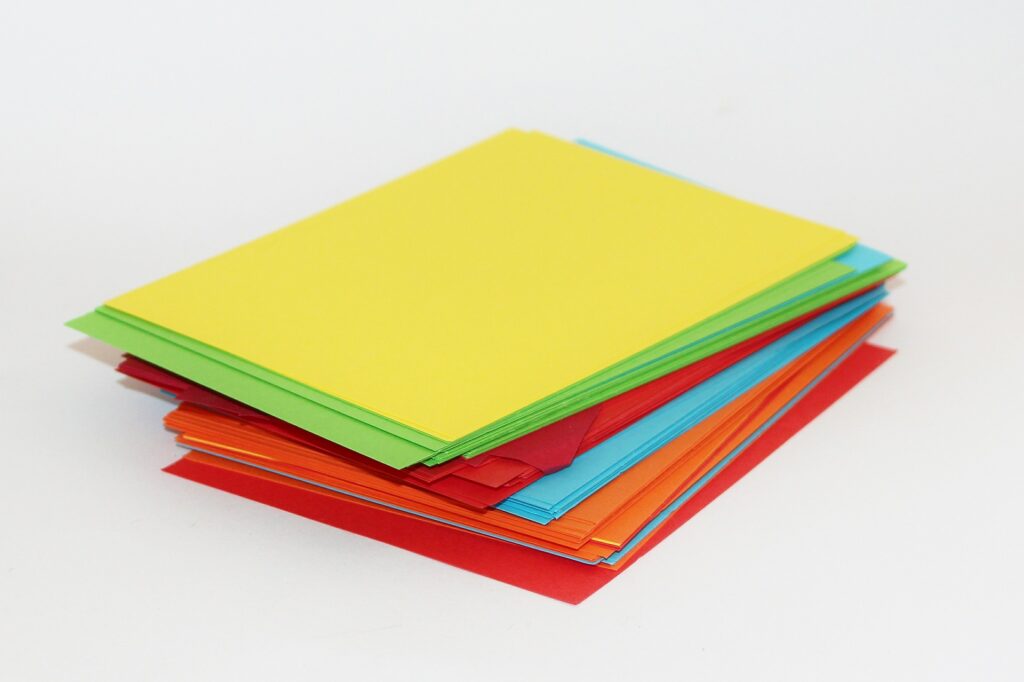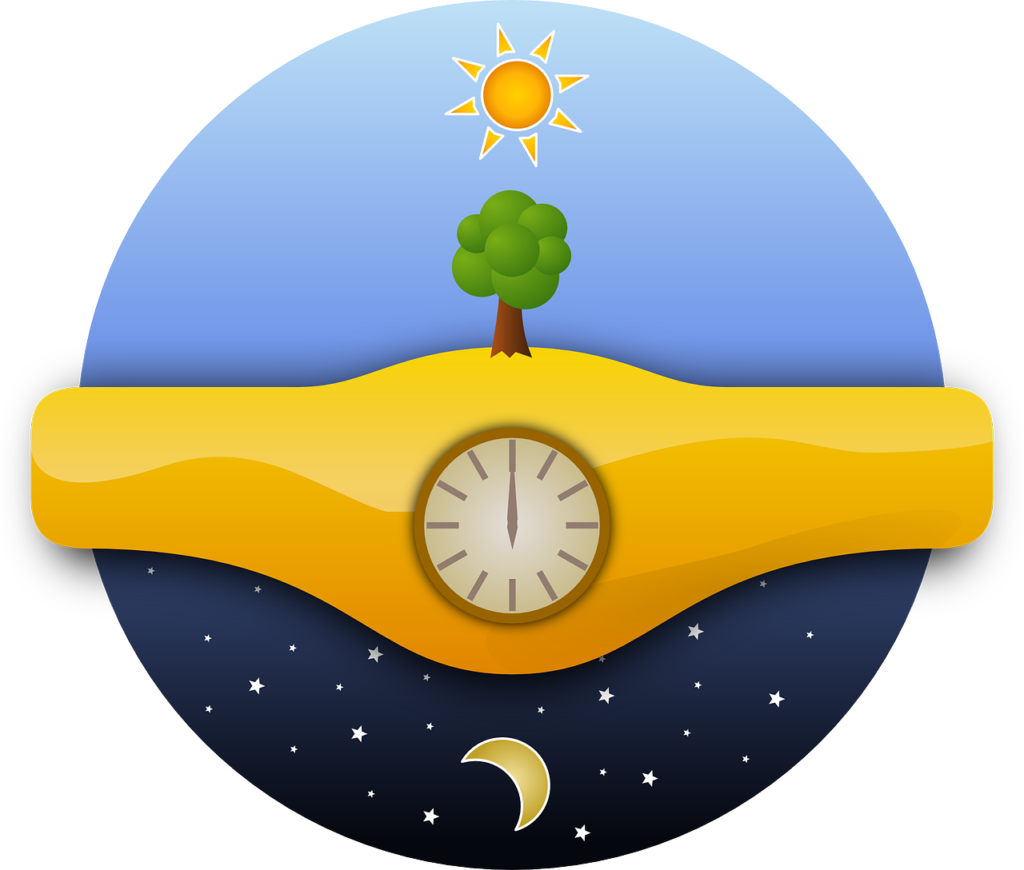What is Flexible Leadership Being flexible is the capability of readily changing (Merriam-Webster, n.d.)1. In…
Recruiting Time Management Techniques You Must Use Now
Recruitment can be a daunting task. You have to look for search assignments. You have to prepare proposals. You have to post advertisements. You have to source and screen candidates. You have to interview them. In short, there are a lot of things to accomplish before you can successfully fill in a position.
However, due to many factors, recruiters fall into the habit of bad time management. To save yourself from wasting, not only your time and effort but also money, here are some recruiting time management techniques that you can follow:
Improve Selection of Candidates for Interview

*Image Source: Pixabay
Screen candidates tightly. Look at their CVs and compare it to the job description. Do not entertain and interview every candidate because this is time-consuming. Select strong candidates before sending out emails for interviews. It would be better if the interview will be done in the office or via Skype than to meet the candidate somewhere else.
Plan More and Stick to It

*Image Source: Pixabay
Ideally, recruiters should spend an hour of planning and the rest should be spent on execution. Utilize a system that works for you and always stick to your plans.
Your tasks should be divided into 2: long-term and short-term. Long-term plans are done annually, quarterly, monthly and weekly while short-term plans are done daily.
For a longer-term, the CVs from the finished searches should be encoded in the CRM (Customer Relationship Management) before putting them in the trash every month. Or every 6 months, there should be a team evaluation about each member’s performance.
For a shorter-term, you can update your list of tasks for the next day. Cross out the ones you have finished and add new tasks.
Buying a planner is a great idea as long as you choose the one that is designed for a search and recruiting methodology. If you can’t find one, you can always do it yourself.
Most of the recruiters are using smartphones, tablets or laptops in planning their day. This is great if you check your mobile devices every now and then. But writing down your tasks is beneficial because it can also help you remember your assignments and at the same time, you have a record of your activities. You don’t have to turn on your mobile devices to manage your time. This method will also give you a solid feeling of satisfaction every time you write off a finished task.
Set your priorities

*Image Source: Flickr, by Bert Heymans
Before you set your priorities, it is important to identify the type of tasks you have:
- Urgent and important tasks: these are tasks that you have to do right away. Examples: crisis, problems, and deadlines.
- Important, but not urgent tasks: these tasks are critical to achieving goals. You have to plan these tasks next. Examples: opportunities, progress, and long-term benefits.
- Not important, but urgent tasks: these are tasks that you can delay and manage later on. Examples: maintenance and routine tasks.
- Unimportant and not urgent tasks: these tasks are only distractions and should be avoided at all costs.
In conclusion, figure out the tasks that will yield best results. By doing that, you can focus on more important tasks and delay the least important ones.
Color code your forms

*Image Source: Pixabay
Cluttered desks are a usual sight for every recruiter. However, it takes time and effort to get the forms that you needed. A trick to easily organize your files is to use colored papers.
For example, for standard forms, use blue. For evaluation forms, use pink. No matter how much clutter you have on your desk, you can easily find things because you know which form you should look at based on the colors.
Figure out the time of day when you are most productive

*Image Source: Pixabay
Are you a morning or a night person? If you are a morning person and you have a big presentation to prepare for, schedule your PPT creation in the morning. If you are the type of person who is asleep all morning and awake at night, you can schedule your phone or Skype interviews at night. By knowing the best time to be productive, you will have the drive and the energy to finish off your tasks.
Look at the Outcomes, Not the Activity
Most of the time, the manager would ask about the number of calls done in a day. Although this is important, it would be more beneficial if we look at the number of deals closed. In a week, how many HR Directors were you able to convince to work with you? Knowing the numbers is not only satisfying, but it could also be a basis for your promotion or bonuses. Using a CRM will help hiring managers measure the quantity and the quality of recruitment calls.
Do not entertain “on the fly” meetings

*Image Source: Pixabay
“On the fly” meetings refers to entertaining someone who stops by your office or cubicle and asks for a minute. There are times when you don’t want to be rude and let people ask you questions.
What you can do is to listen for a moment and ask them, “What do you think is the best solution to the issue?”. Sometimes, people already know what to do and they just need validation. This will prevent you from spending 20-30 minutes of discussion and will help you become more productive by doing more important things.
Assess yourself at the end of the day
Assess yourself how your day went and how you allocated your time. Check your calendars if you were able to finish urgent and important tasks and how long did you do it? This will help you identify your challenges and how you can deal with them so that when you are faced with the same challenges, you already know what to do and you’ll be able to manage your time more effectively.
Set Some Boundaries
Sometimes, receiving phone calls or having visitors in the workplace is inevitable. But this can cause some serious distractions, especially if you have an important and/or urgent task.
To avoid these kinds of distractions, you have to give your family some limitations as to when and why they should give you a call or visit you. Here are some of a few things that should be clear to everybody:
- Tell them that you can be contacted after your working hours except if there is an emergency.
- Identify the type of emergencies that you will attend to immediately
- Provide a time when you are free to receive quick phone calls or do simple requests
Avoid Procrastination

*Image Source: Flickr, by Vic
This is the best technique to manage your time. If you can finish the task today, do it. Do not delay. If you were able to finish your tasks ahead of time, use your extra time doing other tasks in advance. This habit will help you clean up your space, finish your tasks and clear up your mind.
Managing time is never easy. But with discipline, planning, positive attitude and support from your friends and family, it will be much easier and it will result in higher productivity and less stress.



